This is something I've been thinking about a lot while playing The Witcher 3. Before I get into the meat of it, though, I should say that I haven't finished the game yet (being that the game is a million hours long and never feels like filler somehow so I am constantly doing something other than the main quest). I don't know my actual play time (because I have it on GOG and run it through steam and neither seem to track that so I'd probably have to open the game to see and I don't feel like doing that right now), but it's somewhere around 50 hours. Also, this contains no spoilers. Please be kind and block any spoilers in the comments below.
I've noticed on my travels in this game that you are constantly met with a tough choice. Really that's been a staple for this series since at least Witcher 2. In actuality I feel pretty confident in saying every single mission (whether the main story line or just something you run into) has some impact on someone. Every time you talk to anyone you're going to have to make an important choice. This isn't a problem with design as it gives you something compelling to think about at all times, but I find myself wondering what any of it means. I mean, really. I've made hundreds of these choices now and only a handful are at all apparent what they mean to a person or the world at large.
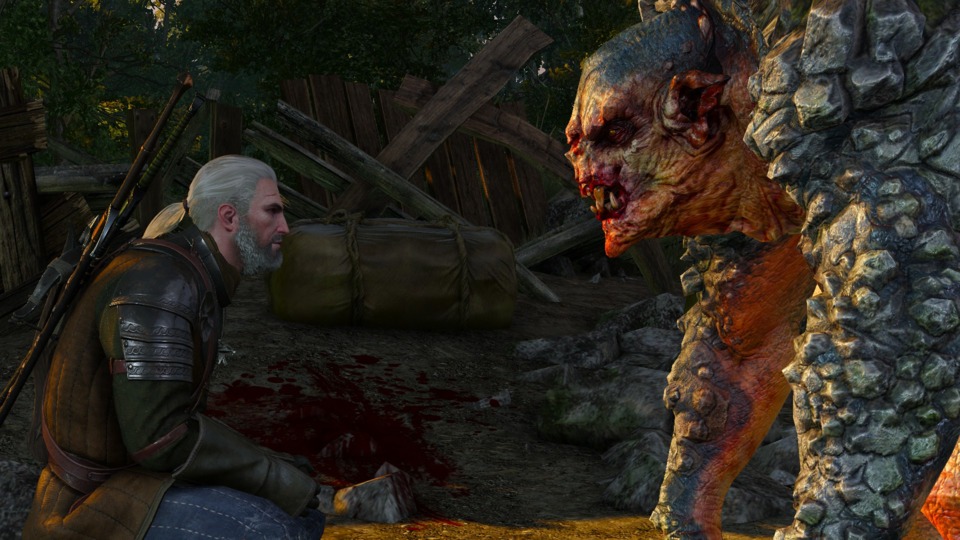
Here's the thing; you help so many people in the game (or don't help as the case could often be), and the major choices will come back at some point, but where it gets muddled for me is all the little people you help. I can't remember half the people I've made a choice to either help or not so the only way the game can tell me is by having them allude to when I made that choice and how this is the moment they're coming back to it. Very often, but not always, I don't remember the circumstance.
It comes off a little odd if only because there are so many of the little side stuff that I have done (and made choices on) that I don't even remember what choice I made or why for that one guy I helped 40 hours ago. Half the time no choice is an easy choice so you have to go with your gut so the reasons aren't readily apparent what their telling me I did wrong or they were happy I did what I did.
Having had similar situations before (in real life) I can understand the quandary is maybe more the human dilemma, the jaded nature of doing something so much, and the feeling of so much resting on your shoulders that maybe doesn't need to. Or even something as simple as not remembering that one guys name you knew years ago- he remembers you vividly but while you remember him his name alludes you. This is a real issue you could potentially face so it is interesting to face that dilemma in a game. At what point, though, does it become meaningless and therefore another form of tedium?
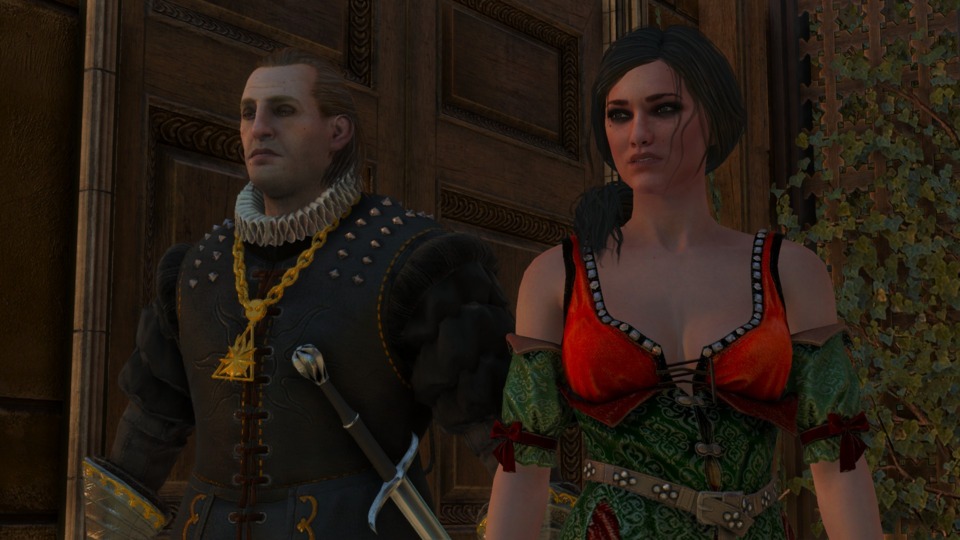
I'm not saying The Witcher 3 is poorly written or even designed. In fact it's incredible the way they have manufactured this world to feel so real in so many ways- even down to minute details. A problem I can see arising is such; at what point are there so many meaningful choices that they are no longer meaningful?
I find every time I make a choice I ask myself what the consequences would be. Like a chess game I try to make a choice for what I feel is the best outcome (even if not a "good" outcome), but when I have to make a similar choice again and again at times I can find myself just making one of the choices meaninglessly because I just had a moral quandary 5 minutes ago and I'm emotionally just too exhausted to deal with another one at this very second.
The game does sort of deal with this by making it so you could just blow off just about any choice you have to make (which is a choice in itself) but being human even that has an emotional cost, doesn't it? You risk angering someone you may not actually want to anger, or basically choosing to let their tribulations overwhelm them.
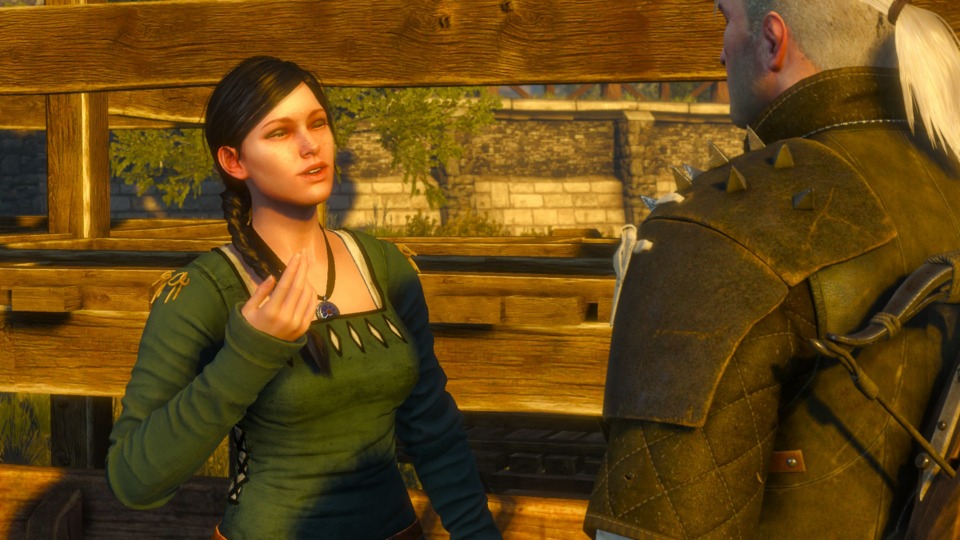
It is quite fascinating that CDProjekt Red has been able to craft such a fascinating dilemma within the context of a video game. To make it so every choice is a burden you must carry.The fact that we even become exhausted by the idea of having to to make a better choice at every turn is quite laudable. As I play, though, while some choices become apparent readily, and others don't, I often find myself wondering if maybe I've chosen to do too much. Maybe some of the people I made choices with had consequences I am missing because I don't remember anything of that even because I've had to do similar things so many times before and after that event.
It's something that I find really fascinating, but also at a game play level leaves me wondering if maybe there's a point when there's too much. It's not that games should always be fun, but at what point does the innovative way of making a player care about every choice they make become so tedious itself (because of the human dilemma, not because of bad design) that it itself becomes a chore to play? Or even at what point is it too much when you no longer remember what happened before and why you made the choice you did?
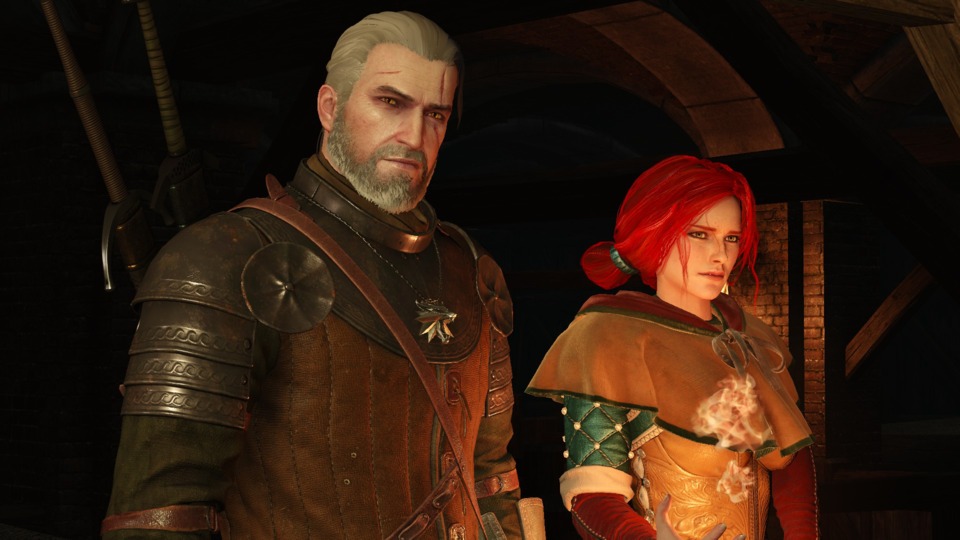
I just found these to be interesting to think about as I travel through The Witcher 3. It's an incredibly vast and open world. There's so much going on that you even find yourself speculating about it's roots, and the history of Poland itself. Where all these ideas come from and what spurns them on. It's quite interesting and wonderful to see something like this. Even my silly little introspection on player choice and if there can be too much seems to be a beautiful thing to come out of a video game.
Has anyone else ever thought about this stuff while playing? I'd love to read your thoughts!
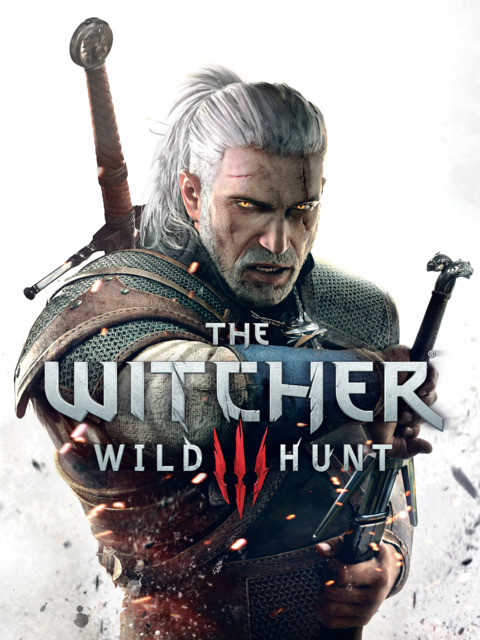
Log in to comment